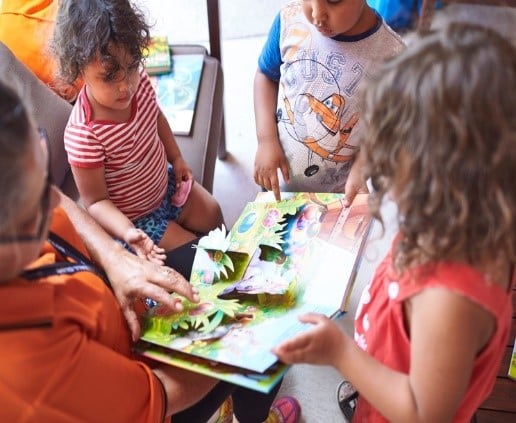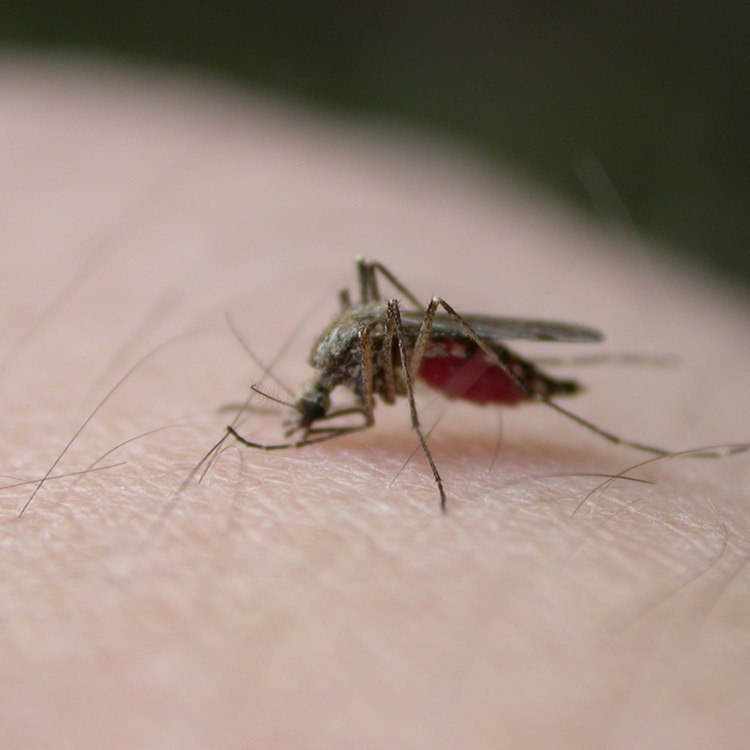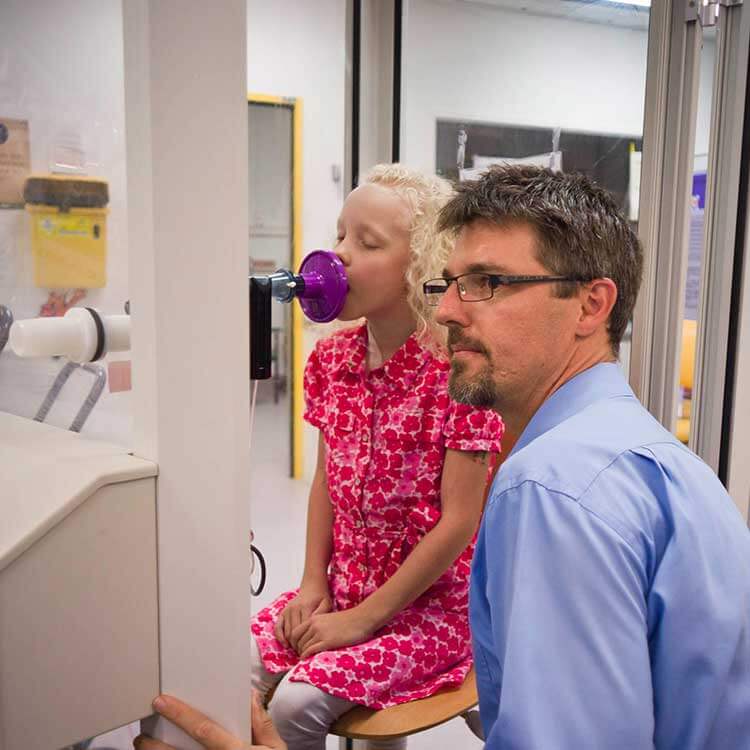Search

News & Events
The Impact of Poverty - interview with Louise GiolittoPoverty invades every aspect of a child’s life and, as a growing body of research tells us, affects physical and mental wellbeing as well as future opportunitie

News & Events
New report to shape early years services in MidlandA new report on families with 0-4 year olds in the Midland area aims to help shape development of the sector and ensure parents are better placed to access support in their efforts to ensure the healthy development of their babies and toddlers.

News & Events
Zika threat leads to Australian-first microcephaly studyWA Researchers have conducted an Australian-first study to determine the prevalence of microcephaly, in preparation of any future outbreak of the Zika virus.

News & Events
Lung problems continue into childhood for premmie babiesNew research from Perth’s The Kids Research Institute Australia shows that babies born premature continue to have lung problems well into childhood.
News & Events
No link between testosterone levels in womb and behaviourA project from the Raine Study shows testosterone levels in the womb have little impact on later childhood behavior.
News & Events
New study brings hope for preventing lung disease in children with cystic fibrosisResearchers at Perth's Telethon Institute are one step closer to preventing serious lung disease which is the main cause of suffering in cystic fibrosis.
News & Events
Learning more about Australia's childrenThis week more than 7500 government and non-government schools across Australia will start taking part in the world's most comprehensive collection of
News & Events
30% of children at risk of future heart diseaseAlmost 30% of 14-year-old Australian children fall within a group identified as being at future increased risk of heart disease, type 2 diabetes or stroke
News & Events
National snapshot of children's developmentNearly a quarter of Australian children could be developmentally at risk, according to the findings of the Australian Early Development Index (AEDI)
Research
#Parentingtips: A Descriptive Study of Information for Parents on TikTokParents and caregivers often turn to the internet for information about their child's health and development. Research investigating content related to parenting on the world's most popular social media platform, TikTok, has not been conducted.
